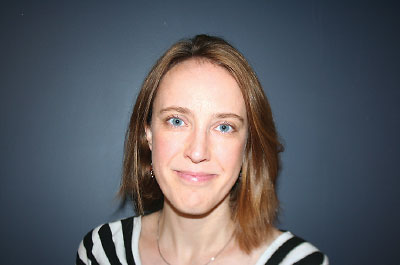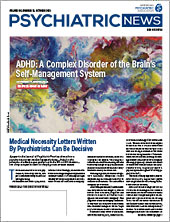Opioid overdoses resulted in more than 24 million hospitalizations and have claimed the lives of more than 360,000 Americans in the last decade. Yet only about two-thirds of medical schools include lectures about opioids and addiction medicine in their curricula, representing a dearth of education that may leave physicians and trainees with a poor understanding of how to screen for and treat opioid use disorder (OUD) with evidence-based interventions. If the nation is ever to get a handle on the crisis and rein it in, academic medicine must step up and be more proactive, experts in addiction medicine wrote in a commentary in Academic Medicine.
“This is where academic medicine can be most influential in addressing this public health problem: by enhancing the preparedness of the current and future clinical workforce to treat substance use disorders (SUDs), including opioid use disorder (OUD), through increased attention to addiction medicine in medical and nursing schools and in residency training programs,” wrote Nora Volkow, M.D., the director of the National Institute on Drug Abuse, and colleagues.
The authors wrote that the growing awareness of health disparities, social justice issues, and the needs of vulnerable populations can build support for increased attention to SUDs in medical and nursing schools, and added that more training in addiction medicine is part of a larger shift toward recognizing that behavioral health in general is key to the prevention, management, and treatment of many illnesses and conditions.
“By offering more training in behavioral health, medical and nursing schools will not only better equip current students to meet the needs of the communities they will serve but also attract premedical and prenursing students who are more interested in and motivated to address these concerns,” they wrote.
Amber Frank, M.D., an instructor in psychiatry and director of the Cambridge Health Alliance adult psychiatry residency program at Harvard Medical School, who was not an author on the commentary, told Psychiatric News that medical schools can help equip all students for working patients with SUD by teaching them the following core skills:
•
The ability to obtain a comprehensive substance history with respect and empathy.
•
A basic knowledge of screening tools, diagnostic criteria, and evidence-based pharmacological and psychosocial treatments for SUD, including OUD.
•
The ability to recognize SUD-related emergencies such as overdose or dangerous intoxication.
•
A basic familiarity with levels of care from community supports through inpatient settings.
•
The ability to conduct motivational interviewing.
“This may sound like a lot, but it is in alignment with what we would expect medical students to master for other medical and surgical conditions, and it is doable,” said Frank, chair of the American Association of Directors of Psychiatric Residency Training’s Addictions Committee. “At the same time, these didactic-based learning experiences should be coupled with actual clinical experience. We wouldn’t expect our medical students to learn endocrinology only from preclinical coursework without associated clinical exposure. Similarly, we need to move toward addictions education that is robust in both classroom and clinical learning venues.”
Frank said that patients with SUDs can be found across clinical settings.
“[They] are everywhere: in our primary care clinics, our medical specialty services, the OR and ED, in OB/GYN. It is essential that we train our future primary care physicians, surgeons, and other specialists to recognize and treat substance use disorders, as relying only on subspecialty-trained addictions experts will be insufficient to meet the health needs of the population,” she said. “The responsibility for care of individuals with SUD is one we all share, whether we are in academic medicine and researching new treatments or training the next generation, or if we are in community practice and refining our own clinical skills.” ■
“How Academic Medicine Can Help Confront the Opioid Crisis” is posted
here.


